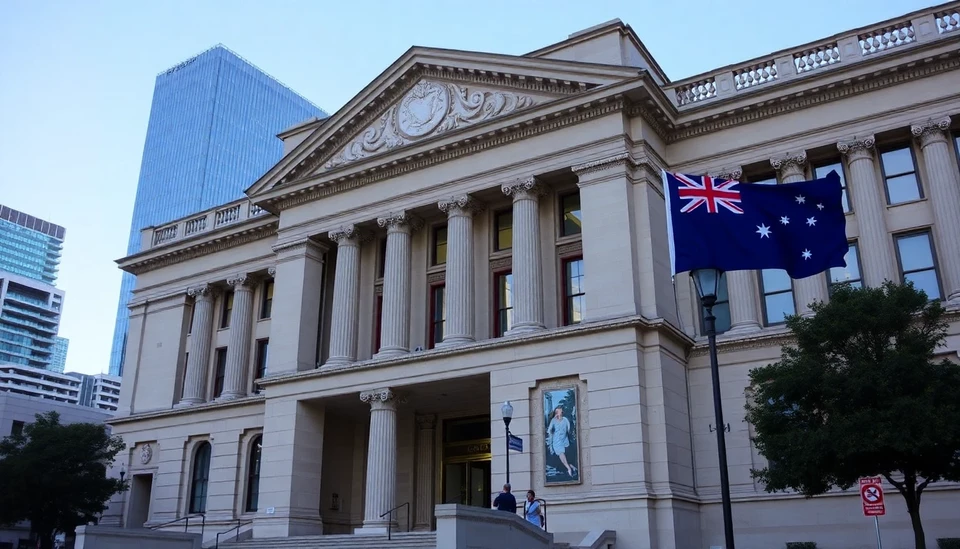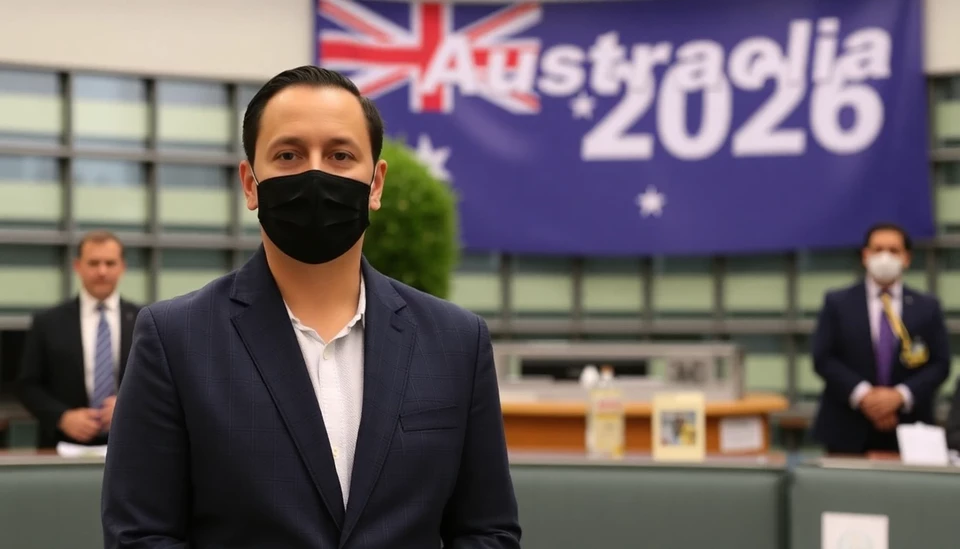
In a surprising turn of events, the Australian central bank's planned overhaul has been revived during urgent discussions just before the anticipated unveiling of a significant review. This review, which is expected to propose critical changes to the Reserve Bank of Australia (RBA), highlights ongoing concerns about the institution’s effectiveness in managing monetary policy amid evolving economic conditions.
Details surrounding these last-minute talks have surfaced as Australia approaches a crucial juncture in its economic policy. Sources indicate that the discussions were characterized by intensity and urgency, with officials recognizing the necessity for a more robust and adaptable central banking framework. The RBA has been under scrutiny in recent years, facing criticisms for its handling of inflation and interest rates, which many view as in need of reform.
The review, initiated by the Australian government, is expected to address key issues such as the RBA's decision-making processes, its communication strategies, and the overall structure of the bank. Andrew Leigh, the Assistant Minister for Competition, has been vocal about the need for improvements, stating that “the monetary policy framework must evolve with the times.” The findings of the review could lead to a profound transformation of the RBA, particularly in its approach to managing challenges like inflationary pressures and unemployment rates.
In light of the recent discussions, both government and economic analysts are keenly observing the outcome of these negotiations and how they will inform the forthcoming recommendations. Economists have long debated the need for a renewed mandate for the RBA, aiming to enhance its responsiveness to economic fluctuations and to ensure that it functions effectively in a modern context.
Should the review advocate for substantial changes, it could lead to a shift in how monetary policy is approached in Australia, potentially instigating a ripple effect across the financial sector. Stakeholders, including investors and businesses, are poised to react to the potential reforms, which could reshape the economic landscape significantly.
This development is not just significant for Australia but could also have implications for central banks worldwide, as many grapple with similar challenges. The outcome could set a precedent for other nations considering reforms of their monetary institutions in response to rapid economic changes.
As the country braces for the official report, the forthcoming weeks will be crucial for the RBA and Australia’s fiscal policy. The outcomes of these last-minute discussions will likely define the path forward for the central bank and influence confidence in Australia’s economic resilience.
The anticipation surrounding this overhaul reflects a growing acknowledgment of the need for central banks to adapt to an increasingly dynamic global financial environment, raising questions about the sustainability of traditional monetary policy frameworks.
#Australia #CentralBank #ReserveBank #MonetaryPolicy #EconomicReform #Inflation #Finance #AndrewLeigh
Author: Laura Mitchell




